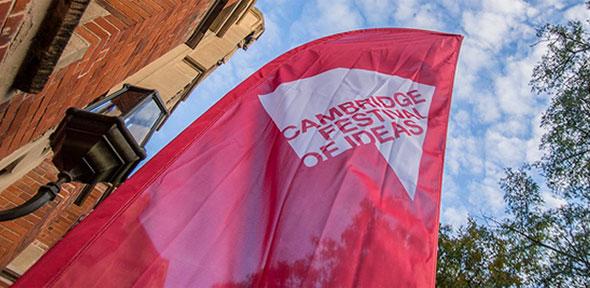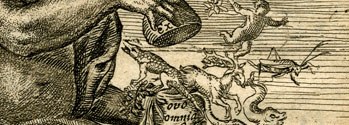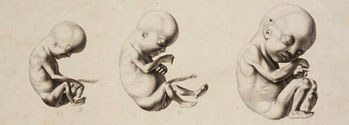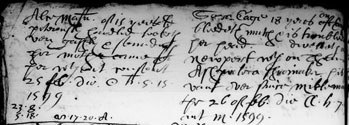
Wednesday 21 October 2015
6pm – 7.30pm
The Old Library, Pembroke College, Cambridge
Following the successful 'Is Menstruation Healthy?' debate at the Festival of Ideas last year, this debate considers historical perspectives on the ideal age to start a family. The question, 'Should we be having babies at 20?', has its roots in current medical recommendations that female fertility starts to decline after the age of 24. More recent scientific studies have revealed that the quality of male sperm also declines after the age of 25. What is the ideal age to start a family, is a question encompassing a complex web of social, cultural as well as biological aspects. Age may just be one consideration. Throughout history different factors have been perceived to contribute to the production of healthy babies.
The ancient Greek philosopher Aristotle hypothesised that the best age to bear children was 18 for women, and 37 for men. Centuries later, in 1622, the provocative author of a marriage conduct book, William Gouge, argued that it was 'very meet' for husbands to be older than wives, because 'according to the ordinarie course of nature a mans strength and vigour lasteth longer than a womans', which aided the production of healthy offspring. Despite these physical factors, young women were often described by seventeenth-century prescriptive authors as being frivolous and ill prepared to be mothers. The midwife Jane Sharp wrote in her childbearing manual that when excessively young women got pregnant, they were often so ignorant they could not tell they were with child until the labour began, and thus failed to spiritually and materially prepare for their infant's arrival. The need to be able to provide for offspring and care for them appropriately, in such a case, was more important than the physical aptitude of a woman for reproduction.
Bringing together two historians, a sociologist, a fertility expert and a writer, this debate seeks to consider the ways in which individuals have approached questions of fertility, family, lineage, social stability and health in reproductive practices.
The debate is organised by Lauren Kassell and Leah Astbury, and brings together work on two major research projects. Generation to Reproduction, directed by Nick Hopwood, is providing the first major history of reproduction from ancient fertility rites to IVF. The Casebooks Project, directed by Lauren Kassell, is preparing a digital edition of 80,000 medical records kept by two astrologers in seventeenth-century England. Leah Astbury is a PhD student on the Generation to Reproduction project researching maternal and infant health in seventeenth-century England. Generation and Casebooks are supported by major awards from the Wellcome Trust.
This event is wheelchair accessible. The debate is free but booking is required.



